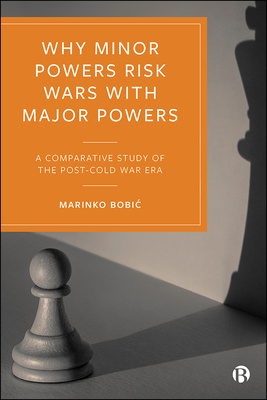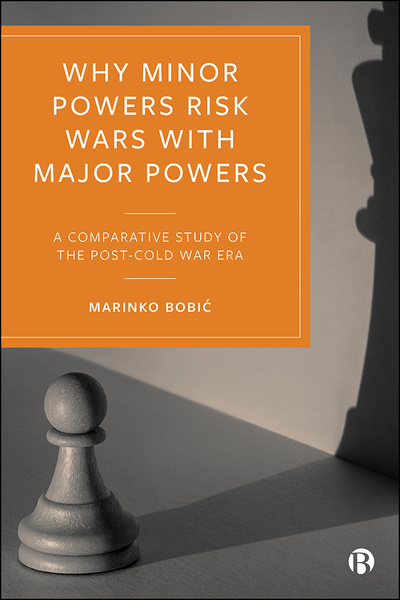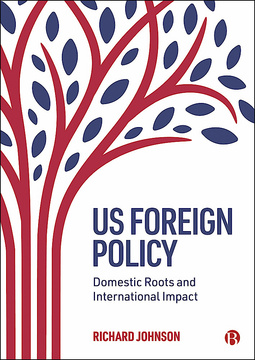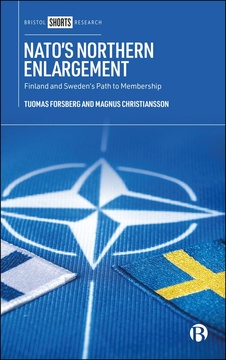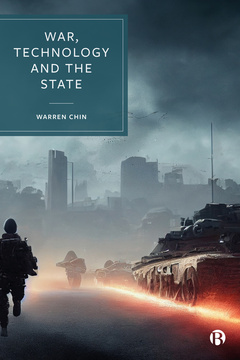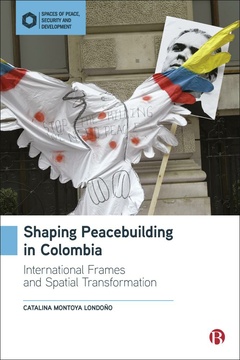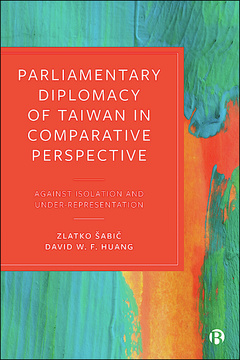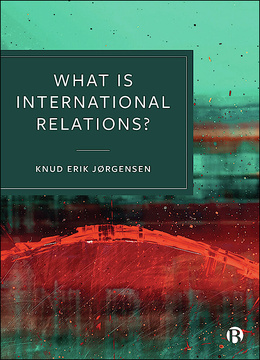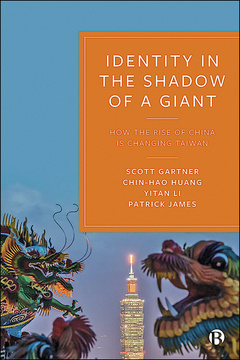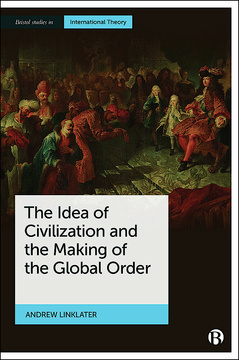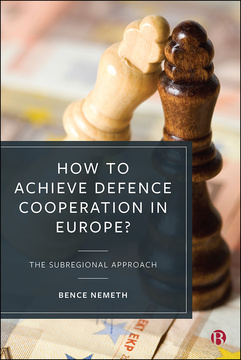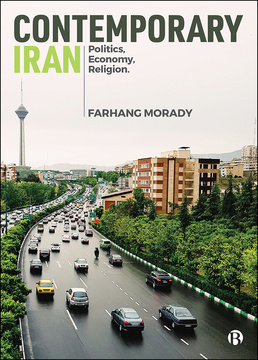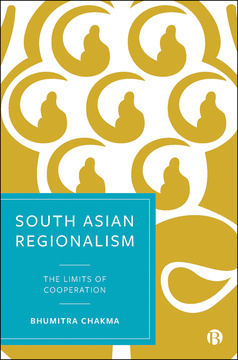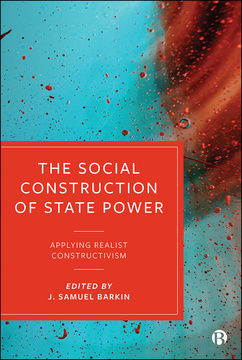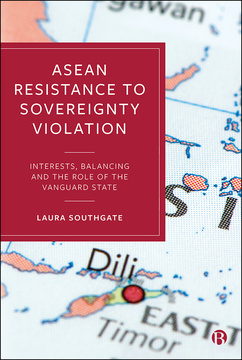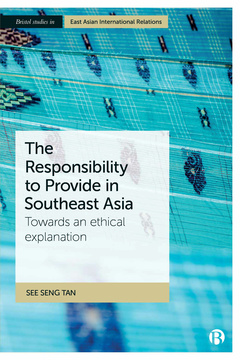Why Minor Powers Risk Wars with Major Powers
A Comparative Study of the Post-Cold War Era
By Marinko Bobić
Published
Oct 23, 2019Page count
232 pagesISBN
978-1529205206Dimensions
234 x 156 mmImprint
Bristol University PressPublished
Oct 23, 2019Page count
232 pagesISBN
978-1529205220Imprint
Bristol University PressPublished
Oct 23, 2019Page count
232 pagesISBN
978-1529205220Imprint
Bristol University PressThrough a range of case studies spanning the post-Cold War period in Iraq, Moldova and Serbia, this innovative book breaks new ground in its study of asymmetric conflicts where warring sides exhibit vast power differentials. It uses multiple theories to examine the different pathways that encourage minor powers to engage in both offensive and defensive wars that they are likely to lose, analysing domestic crisis as a key catalyst and considering ways to mitigate conditions that drive conflict. The author provides an important framework that can be applied to contemporary conflicts elsewhere.
“For too long, scholars have ignored the motivations of minor powers. Bobic uses elite interviews and a multi-method approach to identify pathways that lead small states to challenge great powers.” J. Tyson Chatagnier, University of Houston
Marinko Bobić is a Lecturer at the Institute of Security and Global Affairs at Leiden University.
Introduction;
In Search of a Theory of Minor Powers in Interstate Asymmetric Conflict;
Pathways to Conflict Using Qualitative Comparative Analysis (QCA);
Iraq: Military Confrontation with the United States and its Thirty-Three Allies;
Moldova: Military Confrontation with Russian Forces;
Serbia: Military Confrontation with NATO;
Conclusion: Dealing with Complexity, Defeat and Beliefs.







